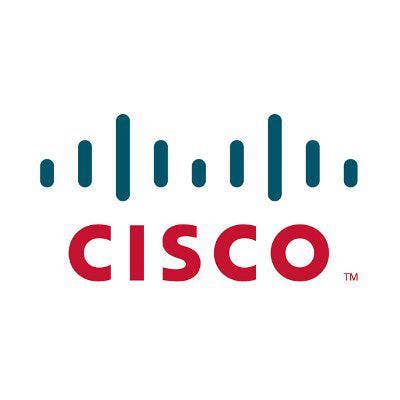5 Companies That Dropped The Ball This Week

1. Verizon Defends Kin Data Plan Pricing
Verizon has been hit hard by critics over its decision to require a full-blown $30 monthly data plan for purchasers of Microsoft's new teen-focused Kin mobile devices. But Verizon and Microsoft are standing their ground and this week defended the move.
Kin devices aren't full-fledged smartphones since they don't support third-party apps. Microsoft, which always has the backs of its partners, says Kin eventually will merge with Windows Phone 7 and will support third-party apps at that time. But when? Microsoft isn't saying.
Meanwhile, Microsoft and Verizon say Kin's content creation capabilities, and the cloud-based storage the devices are designed for, justify the $30 monthly data package. "Once [customers] realize the value of this, they'll realize it's a great deal," Greg Sullivan, senior product manager in Microsoft's mobile communications unit, told Computerworld.

2. Microsoft Reverses Course On Small-Business Plans
At its Worldwide Partner Conference last July, Microsoft unveiled a sweeping revamp of its channel program designed to help partners carve out more differentiation in the marketplace. The move was lauded by Microsoft's Small Business Specialist Community (SBSC) partners, a group that has long been clamoring for a way to separate themselves from the pack.
That's why Microsoft's recent decision to postpone adding a Small Business competency and a Small Business Advanced competency to its channel program isn't going over well with partners. In fact, many VARs can't figure out why Microsoft thinks the SBSC logo is sufficient to cover all partners that serve the small-business space.
Several partners told CRN this week that Microsoft appears to be repackaging the status quo and positioning it as something that's good for the channel. Solution providers, of course, have well-honed BS sensors, and they're not buying it. As they say in the South, "That dog won't hunt."

3. Google Discovers That Mobile Business Is Hard
Despite Google's claim that the Nexus One is profitable, industry watchers have been wondering if Google's Web retail store, the main channel for sales of the device, has much of a future. On Friday, Google gave up on selling the Nexus One through this channel and said it will focus on other retail channels instead.
Meanwhile, carriers can’t distance themselves from the Nexus One quickly enough. Sprint this week stopped selling the Nexus One, just a couple of weeks after Verizon Wireless did the same. Both Sprint and Verizon were initially on board with carrying the Nexus One when Google launched it in February, and their withdrawal of support is an ominous sign. Could it be that turning the mobile business on its head is a harder proposition that Google thought? It’s hard to imagine that Google didn’t anticipate the foot dragging that carriers have long exhibited when faced with disruptive business model forces.

4. Cisco Grilled For Response To Supply Chain Issues
Cisco has been dealing with supply chain issues for much of the past year, and it's been having a frustrating trickle-down effect on its partners. Cisco execs addressed the issue at the company's partner conference last month, but some VARs say its explanations didn't go far enough.
Although Cisco obviously doesn't have control over the entire global IT supply chain, and component shortages are an industry reality, there are plenty of solution providers that feel Cisco could have been more open in its public statements about the severity of the supply chain problems, which continue to have a material impact on channel business.

5. Facebook Prepares To Jump The Shark
Facebook this week called an all-hands-on-deck meeting after EU officials and European privacy groups criticized the social networking company's "instant personalization" feature, which makes personal information on users' profile pages accessible to public searches.
Facebook has been testing the boundaries of its users' privacy expectations more than ever in recent months, which has led to a perceptible wave of suspicion -- and in some cases, fear and loathing -- within its once-loyal user base.
The negative word-of-mouth concerning Facebook's cavalier attitude toward customer data could provide momentum for competing startups that have been nipping at its heels. This week, The New York Times did a profile of Diaspora, a four-person startup that's offering a decentralized, open-source alternative to Facebook that places privacy on a pedestal.